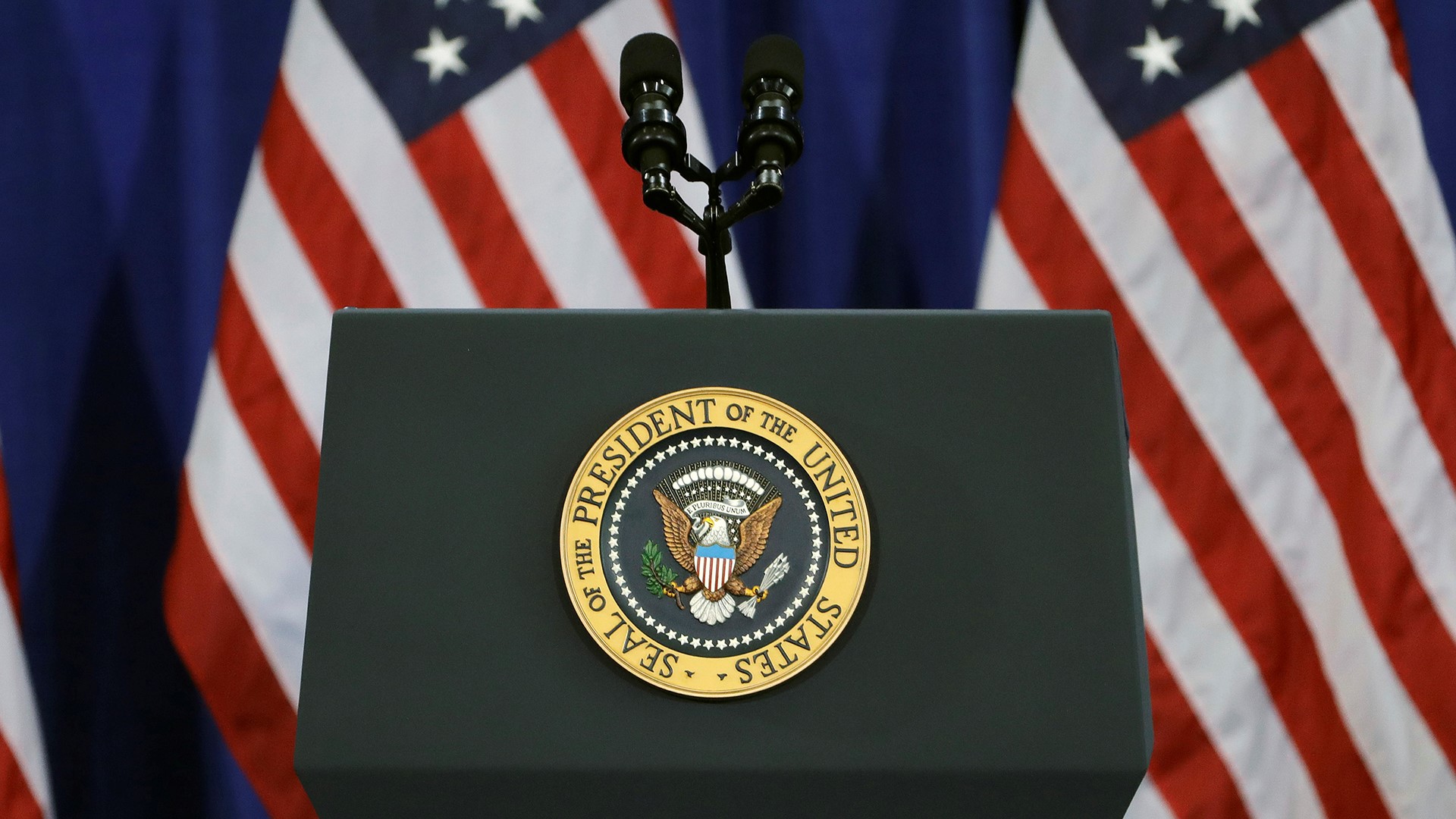Fewer than ten candidates could wind up on the next Democratic debate stage in mid-September thanks to tougher requirements meant to narrow the field. That means it could be a one-night event.
Voters have watched two different two-night debates this summer in which there were ten candidates on each night. To qualify, those candidates needed to have at least 1% support in three approved polls, or have 65,000 unique donors.
For the debate on September 12 (and September 13 if the field is large enough), candidates must hit the polling threshold and fundraising threshold together -- both of which will be tougher. Candidates need to have 2% support in four approved polls and have 130,000 unique donors. August 28 is the deadline to reach both.
Only nine of the 25 candidates currently meet those marks, according to multiple reports.
- Former Vice President Joe Biden
- Sen. Cory Booker
- South Bend, Indiana Mayor Pete Buttigieg
- Sen. Kamala Harris
- Former Rep. Beto O'Rourke
- Sen. Bernie Sanders
- Sen. Elizabeth Warren
- Sen. Amy Klobuchar (Her campaign said she met the donor threshold on Aug. 2)
- Andrew Yang (Qualified on Aug. 9)
Former HUD Secretary Julian Castro has reportedly reached the donor threshold, but only has the necessary support in three of the four polls.
As of the second debate, the other candidates besides Castro had few to no polls to their name and are behind on fundraising with just a couple weeks to go.
Even if they do not make the September debate, candidates could qualify for the one in October. It will have the same requirements and the candidates will have more time to get there.
Failure to make future debates will make it difficult for candidates to remain viable contenders into the Iowa caucuses in February. They would lose the ability to get their message out to a national audience and miss the chance to put their records and plans up against their opponents.

